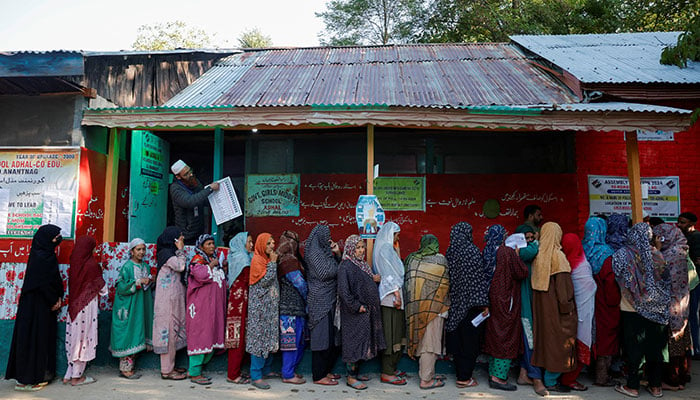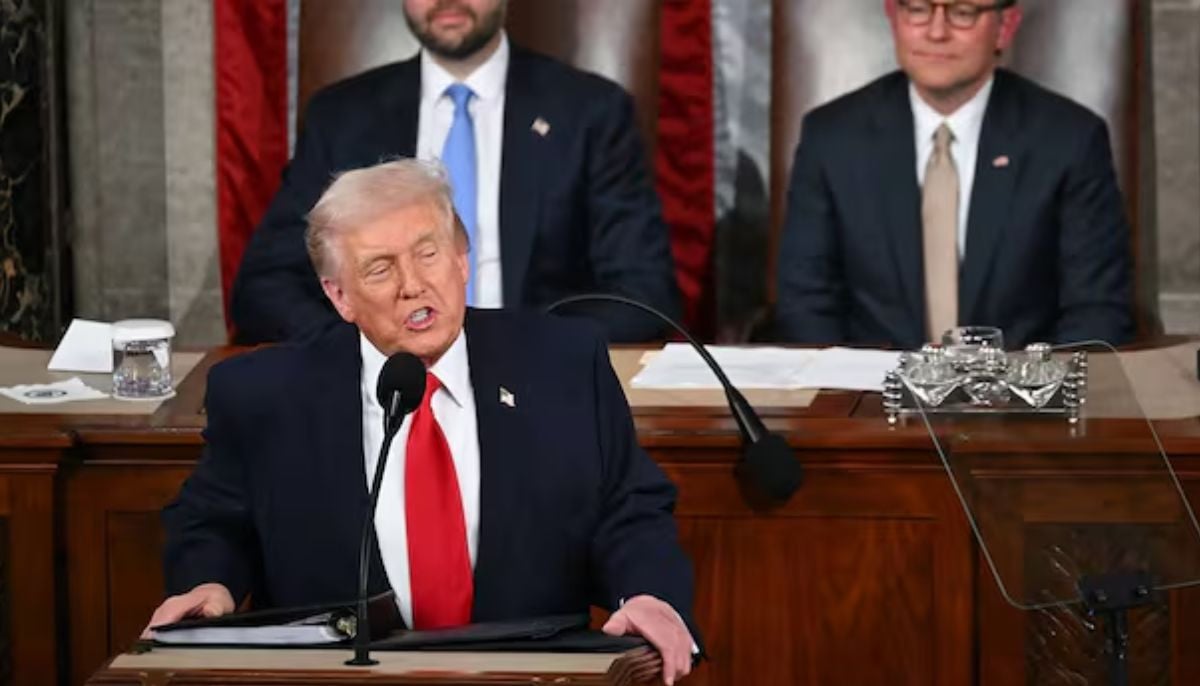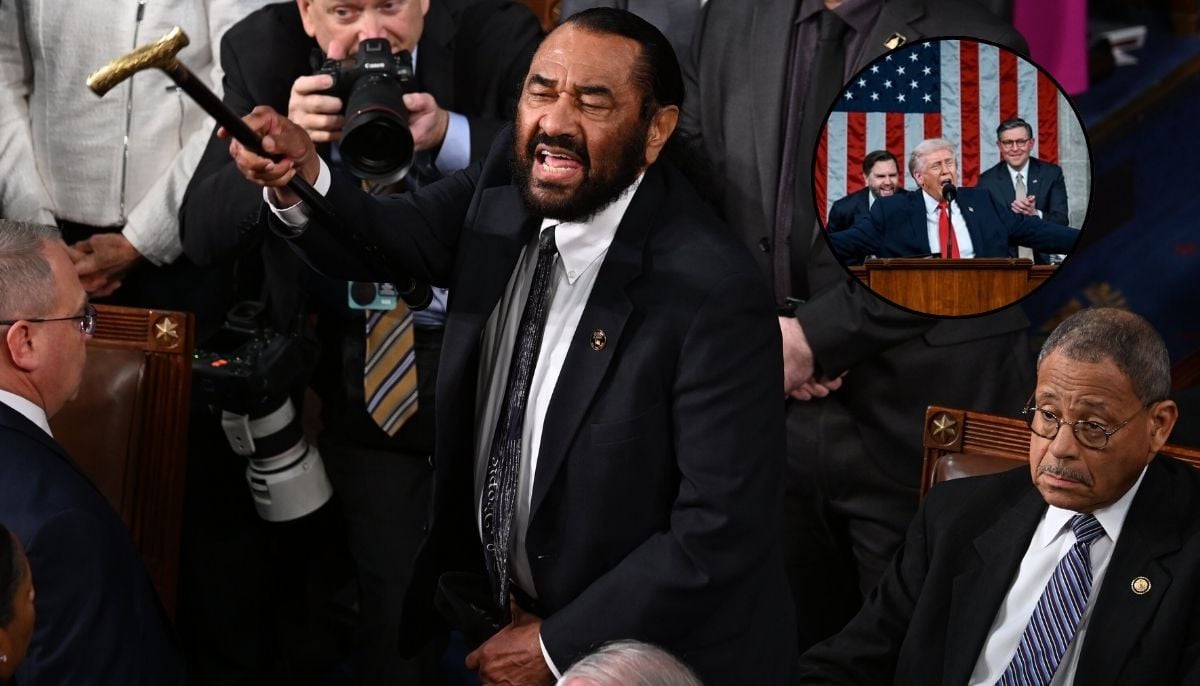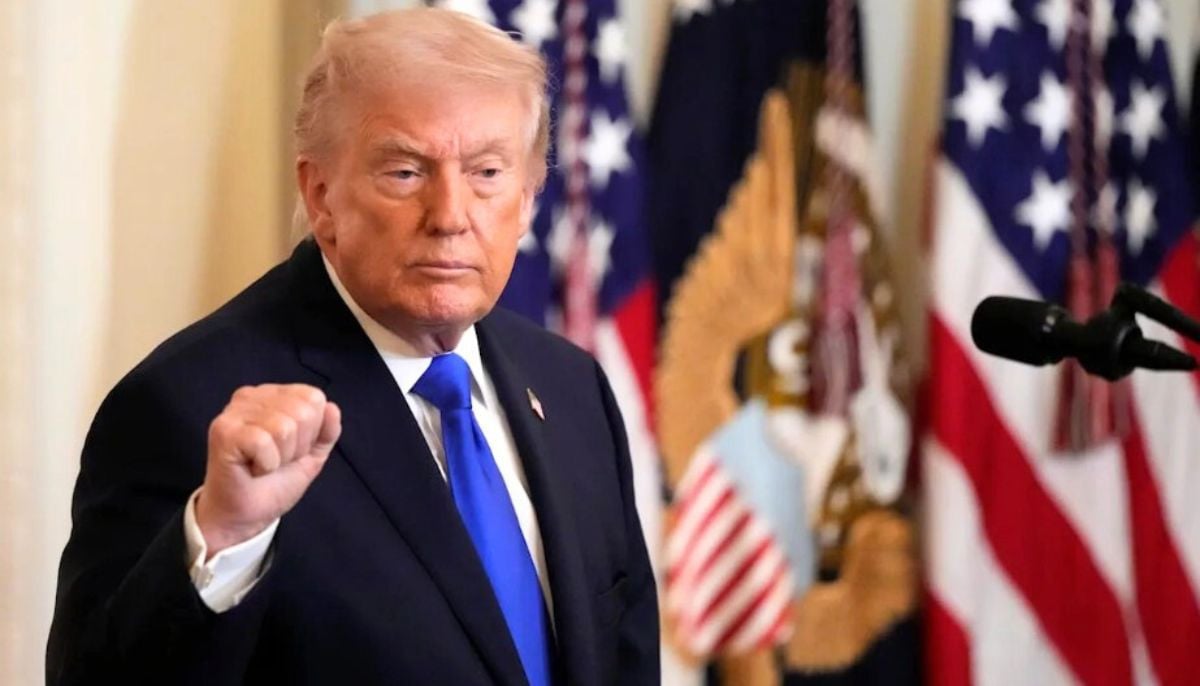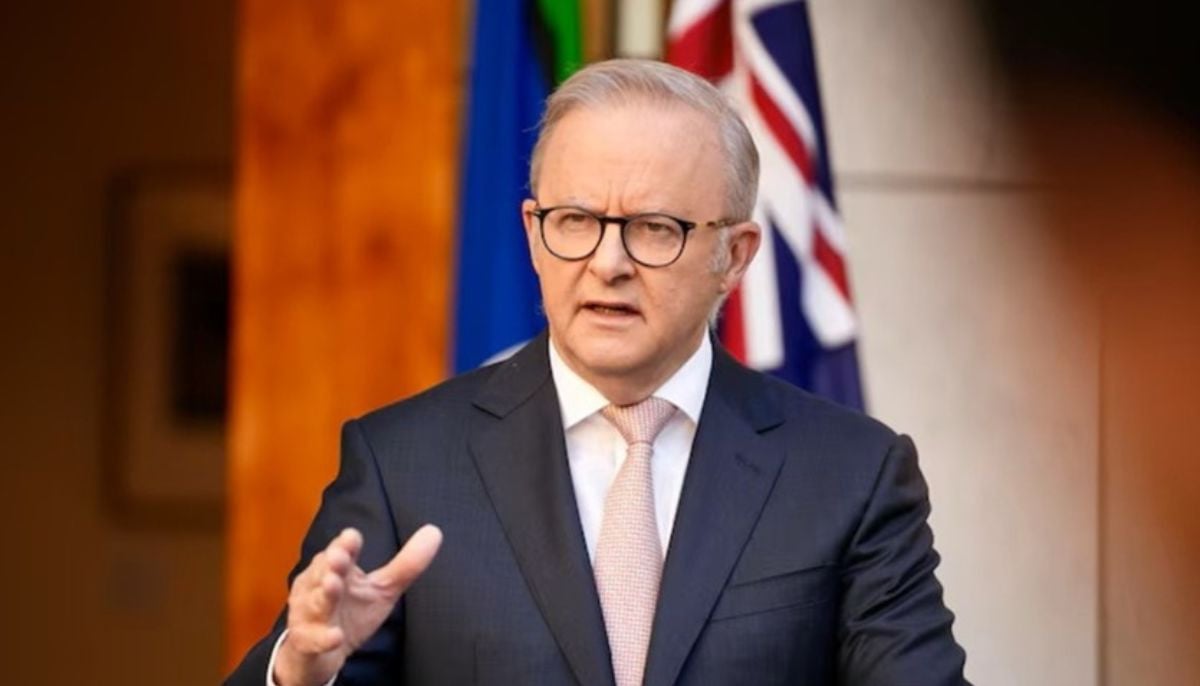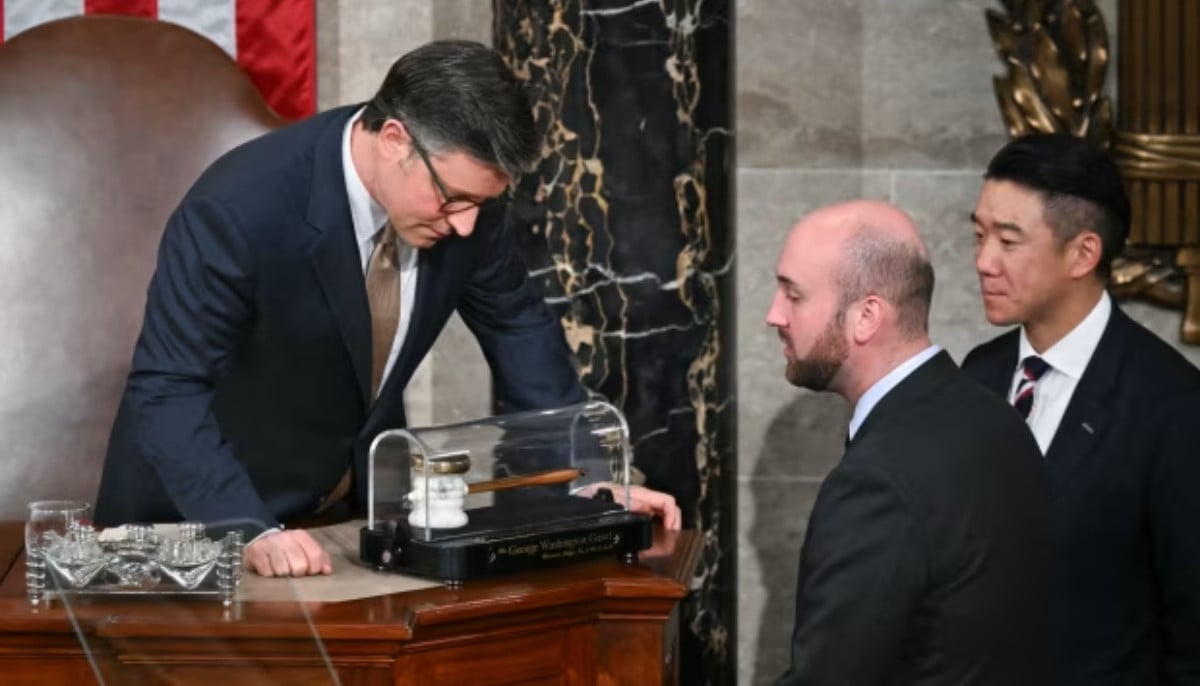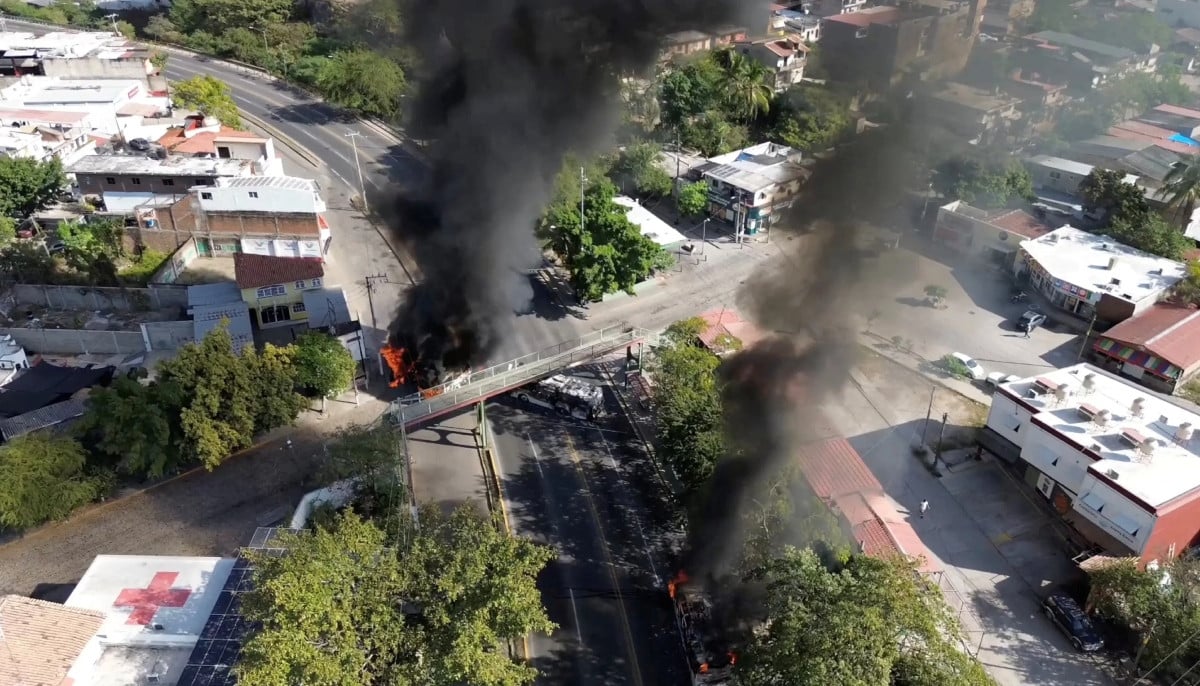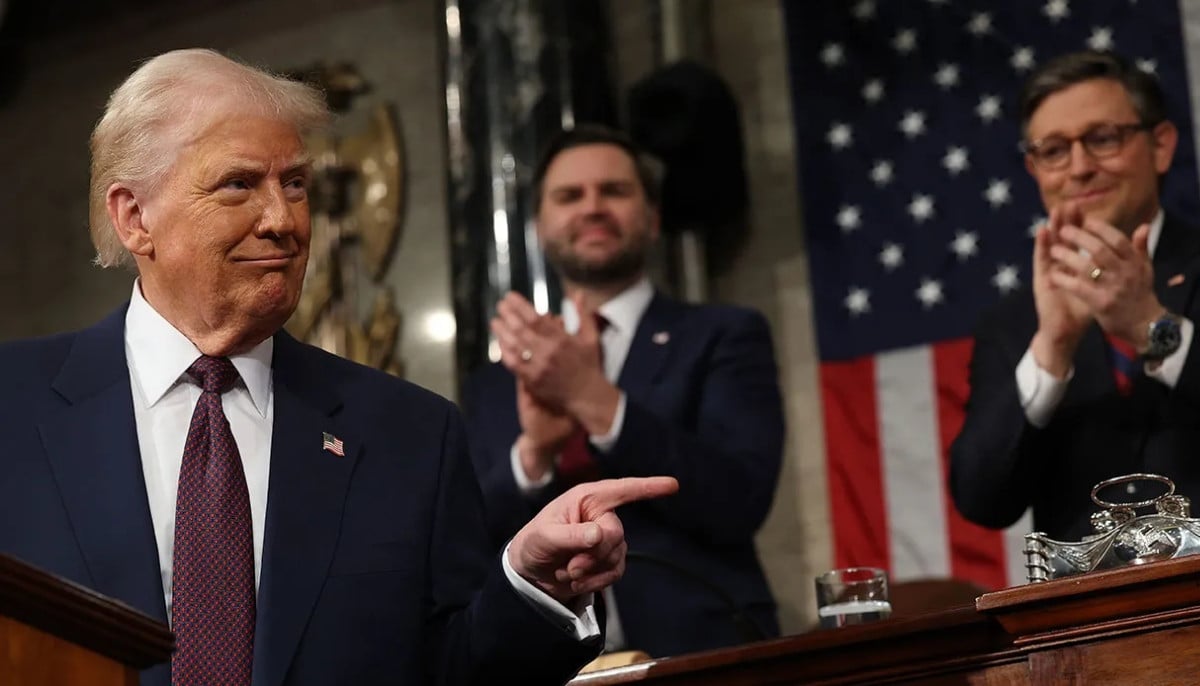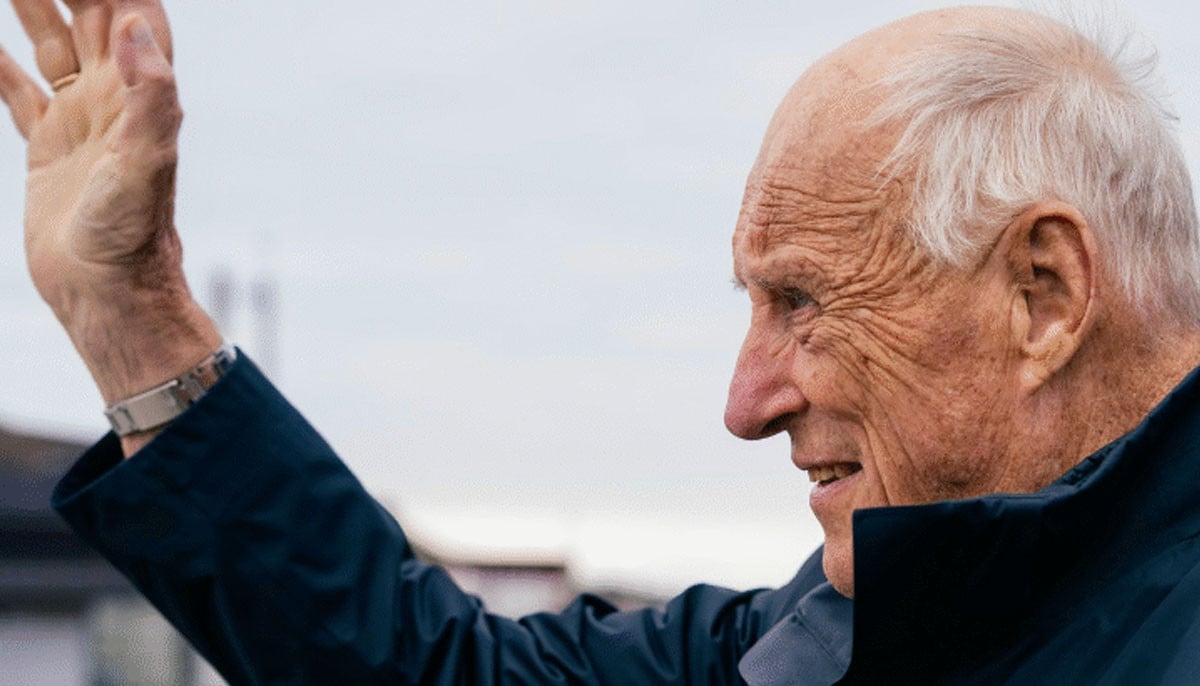IIOJK votes for the first time after revocation of special status
Muslim-majority territory's voters remain bitter over 2019 order by Modi's BJP to impose control from New Delhi
SRINAGAR: The Indian Illegally Occupied Jammu and Kashmir (IIOJK) voted Wednesday in the first local elections since the cancellation of its special semi-autonomous status sparked fury in the troubled Himalayan territory.
As many as nine million registered voters are choosing members for the region's 90-seat legislature in the three-phase election with the vote count and result announcement slated for October 8.
The occupied valley — India's only Muslim-majority territory — enjoyed a special status of partial autonomy until 2019 which was then revoked by the Narendra Modi-led Bharatiya Janata Party's government.
IIOJK's special semi-autonomous status — constitutionally enshrined power to control its affairs — had meant that only those who descended from residents of the territory in 1934 could vote and own property.
The polls are being held after the Indian Supreme Court, last year, upheld the government's decision and set a deadline of September 30 this year for local polls.
"As the first phase of the Jammu and Kashmir Assembly elections begins, I urge all [...] to vote in large numbers and strengthen the festival of democracy," Modi said in a post on X.
The contest this time is between regional parties promising to restore the special status, India's main opposition Congress party which has allied with a prominent regional group, as well as the BJP, which is pitching development and a permanent end to unrest.
The legislative assembly will have powers to debate local issues, make laws and approve decisions for governing the territory but cannot restore special status as that is the remit of the federal government.
About 500,000 Indian troops have been deployed in IIOJK for decades. The region saw an unending series of bans on Kashmiri parties, curfews, crackdowns, and killings of civilians and freedom fighters struggling for their right to self-determination by the United Nations resolutions.
A day earlier, the country's main opposition party, Congress pledged to restore statehood to the disputed territory, Indian media reported.
Congress spokesperson Pawan Khera said that occupied Kashmir's rights were stripped, its statehood revoked, and it was reduced to a Union Territory.
He vowed that Congress — contesting the polls in alliance with the National Conference (NC)— would restore the rights of occupied Jammu and Kashmir.
-
Australia: Bomb threat behind evacuation of PM Anthony Albanese linked to Chinese dance group
-
Applebees closures expand with Glenville restaurant closing for good after 10 years
-
Louvre director resigns after historic jewelry heist exposed security flaws
-
Mike Johnson presents George Washington's Gavel for first time at State of Union
-
Mexico travel warning: What you need to know as airlines resume flights to Mexican cities
-
Justin Trudeau's son breaks silence on Katy Perry romance
-
All you need to know about Donald Trump's State of the Union address tonight
-
King Harald rushed to hospital as palace issues statement on health scare
